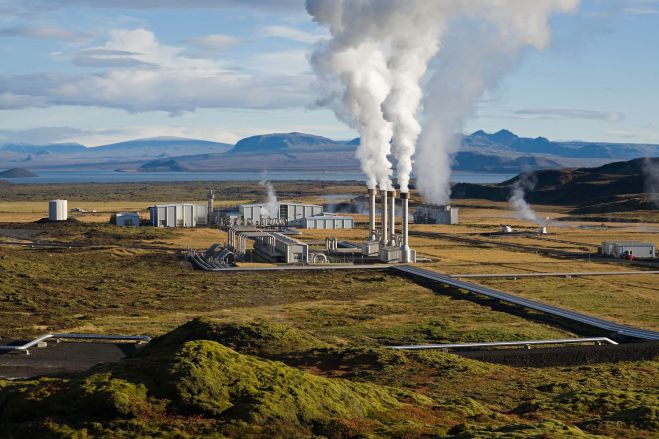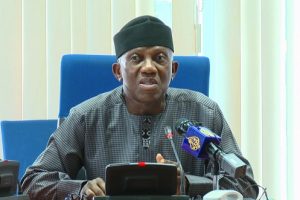
Africa is endowed with huge diversified renewable energy resources across the continent – about 350 GW hydropower, 10 TW Solar, 110 GW wind, 20 GW Geothermal, and Biomass 3-13.6 GW, according to the United Nations Environment Programme (UNEP).
Despite its potential, as stated in the document The Ethiopian Herald obtained, about 600 mln. people in Africa still do not have electricity and 730 mln. people rely in traditional biomass (Wood fuel and charcoal). And also, about 600,000 people in Africa die each year as a result of household air pollution and 60 % of these victims are women.
In many cases, renewable energy is the optimal solution for modern energy access. Africa faces an enormous energy challenge due to significant growth in population and sustained period of economic growth and transformation.
Ethiopia has an estimated geothermal potential of more than 10,000 MW. A larger number of areas have potential for medium to low temperature resources throughout the Ethiopian Rift System. Over 23 high temperature geothermal potential areas identified and only two geothermal prospects are subjected for drilling, according to the document.
Dr. Meseret Teklemariam is a Manager of Energy Program, UNEP, Africa Office. She said in her previous interview with The Ethiopian Herald that African countries including Ethiopia have different renewable energy sources – water, solar, wind, and geothermal. “We have to use these energy sources for sustainable development.
She noted that sustainable development is impossible without sustainable energy source. And also, fulfilling energy demand by using water energy only is unthinkable.
Neighboring country Kenya produces nearly 850MW energy from geothermal. Ethiopia has to work more, she stressed.
She also said in a document compiled by her, challenges in renewable energy development in Africa are: lack of clear and coherent policy, regulatory and institutional framework; inadequate financing and investment; inadequate information and technical capacity; limited technology transfer and skill; lack of well-organized renewable energy resource data; lack of adequate national power development master plan; and deploying large-scale renewable energy projects in networks with poor transmission and distribution infrastructure.
There are banks supporting geothermal projects in East Africa are: African Development Bank, European Investment Bank, China Exim Bank, International Finance Corporation, Overseas Private Investment Corporation, World Bank, and others, according to her.
Recently, House of Peoples’ Representatives approved the amended geothermal resources development proclamation.
As stated in the proclamation, the amendment of the proclamation takes into account the previous experiences and problems encountered during implementation. And also, loopholes of the previous proclamations have been identified by scrutinizing the challenges met during the course of operation.
It is necessary to amend certain articles with a view to including incentives to the sector; and to making the legal framework more transparent to attract investment, according to the proclamation.
Last Monday, Council of Ministers discussed and approved the Power Purchase Agreement with CORBETTI, Prime Minister Dr. Abiy Ahmed said in his tweeted message.
According to him, the conclusion of the Power Purchase Agreement with CORBETTI comes after many years work from the Government to create effective legislation such as Public Private Partnership, Geothermal and Energy Proclamations to support foreign direct investment and private sector participation for investment and technology transfer in Ethiopia.
Ministry of Water, Irrigation and Energy’s Ethiopian Electric Power, Ethiopian Economics Association on one hand & CORBETTI and TULU MOYE companies on the other will develop total of 300MW Geothermal Power as Public Private Partnership, he said, adding that they are putting into effect this green, clean and renewable energy source to increase energy capacity, security and reliability of Ethiopia.
“Geothermal provides great baseline constant output power to support our industrialization and continued economic growth,” indicated.
The Ethiopian Herald June 19, 2020
BY ABDUREZAK MOHAMMED



